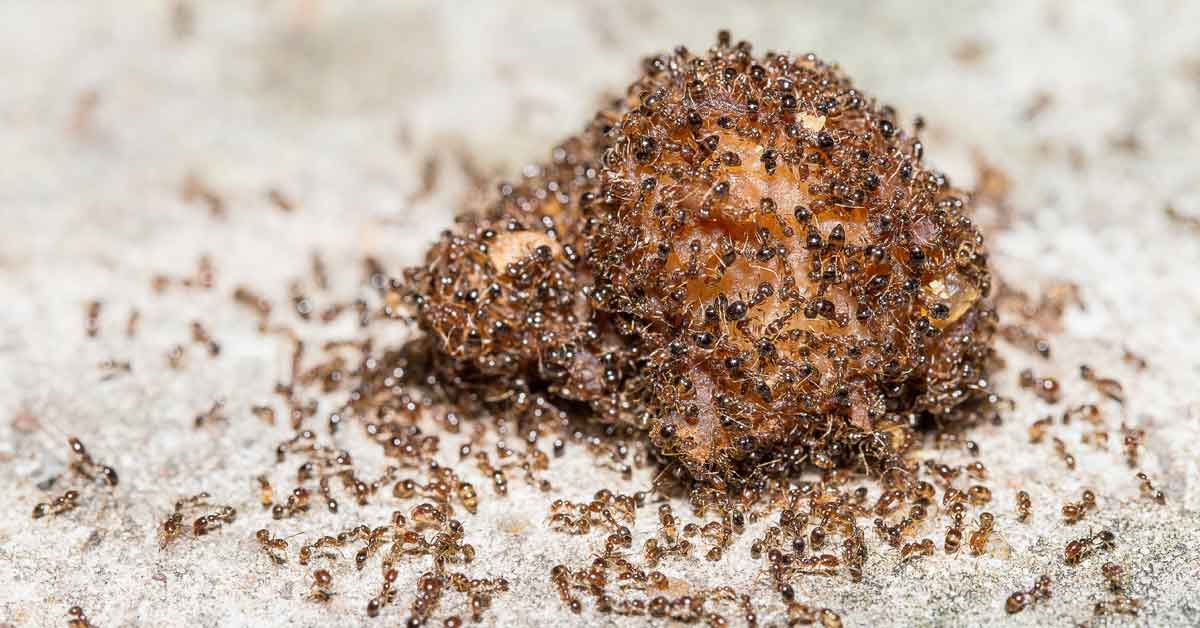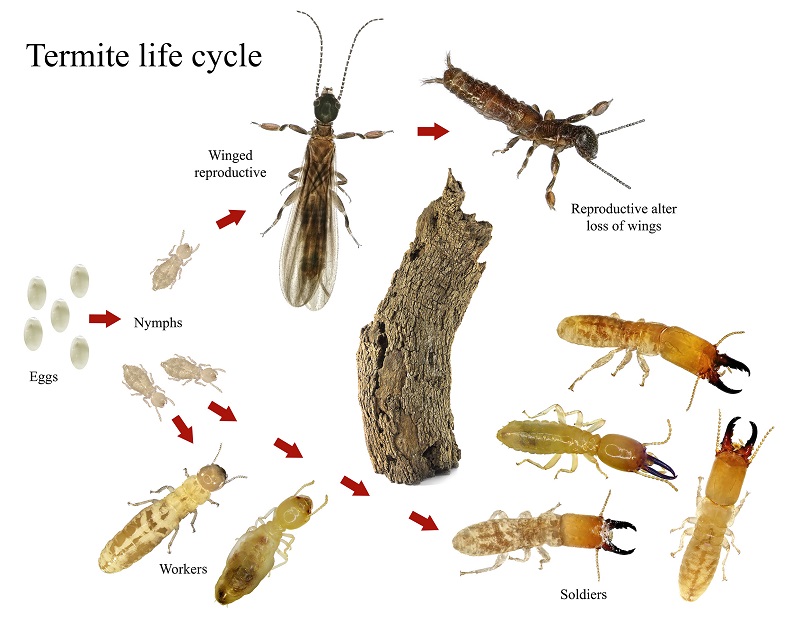Environmental Effect of Pest Control: Harmonizing Efficiency With Sustainability
The ecological impact of bug control is a vital problem that calls for a fragile balance between accomplishing efficiency in making sure and taking care of pests sustainability of our communities. From the use of dangerous chemicals that permeate right into our dirt and water to the unplanned consequences on non-target types, the effects of conventional pest control practices are far-reaching.
Hazardous Chemicals in Parasite Control
The application of unsafe chemicals in parasite control postures substantial ecological and health and wellness threats that call for cautious consideration and mitigation strategies. Pesticides, pesticides, and herbicides are generally utilized to remove insects, but their widespread application can bring about unintended repercussions. These chemicals can contaminate dirt, water resources, and the air, impacting not only the targeted parasites however likewise valuable pests, wild animals, and people.

To resolve these threats, incorporated parasite monitoring (IPM) strategies are being advertised as a much more lasting choice. IPM entails a combination of techniques such as biological control, environment manipulation, and the targeted use chemicals as a last resource (ant control wesley chapel nc). By taking on a holistic strategy to pest control, we can decrease the environmental and health effects connected with harmful chemicals while properly handling pest populations
Influence on Non-Target Variety
Taking into consideration the unexpected repercussions of pest control techniques, the impact on non-target species is a vital aspect that needs extensive evaluation. While bug control steps aim to target details insects, various other organisms in the ecological community may be inadvertently influenced. Non-target species, consisting of useful pests, birds, animals, and also plants, can suffer indirect or direct damage from chemical applications or biological control techniques.
Insecticides developed to fight a specific bug bug might damage pollinators like bees or natural predators such as ladybugs. Biological control agents, if not species-specific, can pose risks to unintentional targets, interrupting the environmental balance.
To minimize the influence on non-target types, incorporated insect monitoring (IPM) strategies that emphasize a holistic method to pest control are suggested. These methods prioritize using environmentally pleasant practices, minimizing harm to useful organisms while efficiently managing pest populations. Conducting comprehensive risk analyses and keeping track of the outcomes of parasite control initiatives are crucial actions in securing non-target species and advertising general environment health and wellness.
Soil and Water Contamination
Unintended ecological repercussions of pest control approaches extend beyond impacting non-target varieties, with considerable implications for dirt and water contamination. Pesticides, herbicides, and chemical fertilizers utilized in insect control can seep into the dirt and pollute groundwater, posing a hazard to both terrestrial and aquatic ecological communities. Soil contamination can interfere with the balance of microbes vital for nutrient biking and plant growth, resulting in reduced dirt fertility and efficiency. These chemicals can continue in the environment for prolonged durations, building up in the dirt and possibly entering the food chain.
Water contamination is one more vital problem associated with pest control techniques. To alleviate soil and water contamination from insect control activities, incorporated parasite administration approaches that focus on sustainability and lessen chemical inputs are vital.
Air Contamination From Pesticide Use
Direct exposure to airborne pesticides throughout farming applications positions a substantial problem for air pollution control measures. They can volatilize right into the air and type unstable natural compounds (VOCs) and various other airborne pollutants when chemicals are sprayed onto plants - ant control. These chemicals can add to the formation of ground-level ozone, a significant element of smoke that can have harmful impacts on human health, plant productivity, and total air high quality. In addition, pesticide drift, where chemicals are lugged by the wind to unintentional areas, can cause the contamination of close-by ecological communities and water bodies.

Strategies for Sustainable Bug Control
In the world of agricultural practices, carrying out lasting pest control techniques is vital for keeping ecological equilibrium and safeguarding crop returns. Lasting parasite control stresses using eco-friendly techniques to manage bug populaces effectively while decreasing injury to non-target microorganisms and communities. Integrated Bug Administration (IPM) is a commonly embraced technique that integrates organic, cultural, physical, and chemical control approaches to attain lasting parasite monitoring options.
One secret method in sustainable insect control is promoting biodiversity within agroecosystems. By improving natural enemies of parasites, such as killers and parasitoids, farmers can minimize the requirement for synthetic pesticides. Plant turning and diversification are also effective strategies to interfere with pest life process and develop much less beneficial conditions for pests to grow. Furthermore, using pest-resistant crop selections and utilizing techniques like catch chopping can aid decrease insect pressure without counting heavily on chemical interventions. Inevitably, by integrating these lasting bug control methods, farmers can achieve an equilibrium between pest monitoring efficiency and environmental stewardship.
Verdict
In final thought, the ecological impact of bug control methods should be carefully thought about to stabilize efficiency with sustainability. Harmful chemicals utilized in parasite control can lead to dirt and water contamination, air contamination, and damage non-target varieties - ant control. It is vital to implement sustainable bug control approaches to lessen these negative impacts on the atmosphere and advertise a much healthier ecosystem for future generations
By embracing an alternative approach to pest control, we can lessen the ecological and wellness impacts associated with damaging chemicals while successfully taking care of pest populaces.

To alleviate the air contamination triggered by chemical use, it is crucial to embrace incorporated insect monitoring techniques that focus on the use of non-chemical pest control techniques, such as plant rotation, all-natural killers, and resistant plant selections. Sustainable pest control highlights the usage of environmentally pleasant approaches to handle pest populaces properly while lessening injury to non-target organisms and environments. Integrated Pest Administration (IPM) is an extensively adopted method that integrates biological, social, physical, and chemical control approaches to achieve long-lasting bug monitoring solutions.